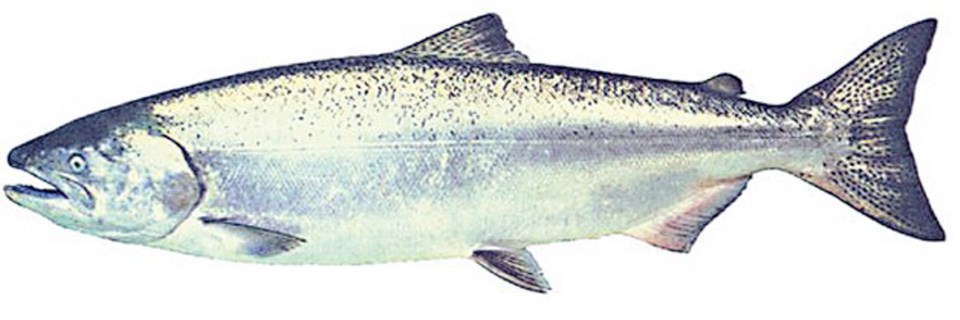South Vancouver Island anglers are contesting a restriction on chinook fisheries they say will cost millions in lost revenue.
Fisheries and Oceans Canada has banned catches of wild chinook larger than 85 centimetres through July 15. Daily limits are two wild or hatchery-marked chinook between 45 and 85 cm.
The restriction is the latest in a string of challenges for sport fishermen, including spotty weather and uncertainty over whether chinook fisheries would be open at all, said Chris Bos, president of the South Vancouver Island Anglers Coalition.
“This has caused anguish in the angling community and a great economic loss to those who provide related services,” Bos said.
The main draw of pursuing chinook is their size, he said. You can still have a great fishing day without catching a big one, but taking away that opportunity will push anglers elsewhere.
Adding to their woes is the expansion of the fisheries management area by about 20 kilometres, to near Sombrio Beach from Shearingham Point — a change on which Bos said local anglers weren’t consulted.
Restrictions are based on the federal department’s Albion chinook test fishery on the lower Fraser River. It estimated returns this year to be about 43,000 — putting them in the low range — based on captures between late April and early June. Bos said later counts indicate that returns might not be low — they might just be late.
Jeff Grout, regional resource manager for salmon, said the forecast marks the second-lowest year on record since 1981.
Fisheries and Oceans Canada puts restrictions in place in a number of fisheries along the chinook’s migration route to try to conserve those returning to the river in the spring and summer. They vary by area, so anglers should check Fishery Notices online, Grout said. “It’s a fairly complex suite of regulations to try to ensure we get sufficient numbers of fish back to the spawning grounds,” he said.
The federal department won’t likely revise fishery restrictions mid-season, he said, but will consider broader adjustments in the post-season.
One contentious issue concerns the balancing of sport fishermen’s livelihood with First Nations’ rights. First Nations communities along the Fraser River have argued for greater restrictions on commercial and recreational fishing, as pressure mounts on chinook populations and their own fisheries face heavy restrictions.
Legally, First Nations’ food, social and ceremonial fishing rights take priority over commercial or recreational rights. But recreational anglers question whether a priority right can be extended to an exclusive right, in considering full closures.
Tourism Victoria president and CEO Paul Nursey said fisheries restrictions wouldn’t have a significant impact on regional tourism.
“In Greater Victoria, the tourism sector is exceptionally diverse, and we continue to expect tourism will remain robust for the foreseeable future,” he said. “While fishing charters provide great experiences, there are many reasons people are compelled to visit our destination and we are confident there are enough options to satisfy every traveller."



